One of the things that has always drawn me to history is a curiosity about how people did things without the benefit of modern conveniences. What did they do about lack of air conditioning? Lack of plumbing? How did they brush their teeth? What did women do when having their periods? These questions have always fascinated me and while I was writing Only Scandal Will Do, I had to address some of these questions. Early on in the novel my heroine does something that we all take to be a matter of course: she takes a bath. Then I thought, “Would she?”
Believe it or not, bathing has not always been the “fashionable” thing to do. It apparently has gone in and out of fashion. Ancient history tells us that the Romans were keen on bathing and, surprisingly, the medieval community was as well, using communal bathing sites most often. The enlightened Renaissance, however, not so much. They opted to clean their undergarments rather than themselves. An absolutely wonderful video that details all these doings, Bathroom–History of the Home, can be found on youtube. Hosted by a historian, it’s an eye opening look at bathing through the ages.
But back to 1761. Would Lady Katarina have taken a bath after her adventures and if so, how would it be accomplished? Apparently, by the eighteenth century, cleanliness, at least for the rich, became acceptable again. According to Keeping It Clean—Georgian and Regency Bathing Customs by Joanna Bourne, tub baths could be found in most upper class or noble houses. The tubs were made of metal or wood, often lined with linen cloths for comfort. Tubs could be found in many different shapes, including the traditional oval, round, and a “sofa bath” which looks like a lounge chair.
Bathing was quite a production. It may have taken place in a designated “bath” room, but more often a tub was transported into the noble’s bedroom. Running water of the time was usually run upstairs by footmen carrying cans of hot and cold water. The lady would be attended by her maid and in the 18th century would have actually had soap to use. Towels would have been made of linen (not thick and plush terry). As a result of the labor intensive nature of bathing during this period, it was not normally an every day occurrence (though Beau Brummel, at the end of the century, was reputed to bathe daily). The most common form of bathing each day was with a basin, where you hit the high and low spots with soap and water.
Lady Katarina’s bath, in Scandal, was certainly a special occasion—she’d been abducted, seduced, and interrogated and needed some creature comforts before finding out if her brother would live or not. A soothing bath was just the ticket and thankfully available to her.
Historical research is an integral part of writing historical romance, though it is often arduous. Finding conflicting information occurs with alarming frequency. Do you believe historical accuracy is necessary for romance writers? To what degree? Thanks for coming by and commenting. The winner of today’s giveaway will receive a signed, print copy of my other historical work, Heart of Deception.





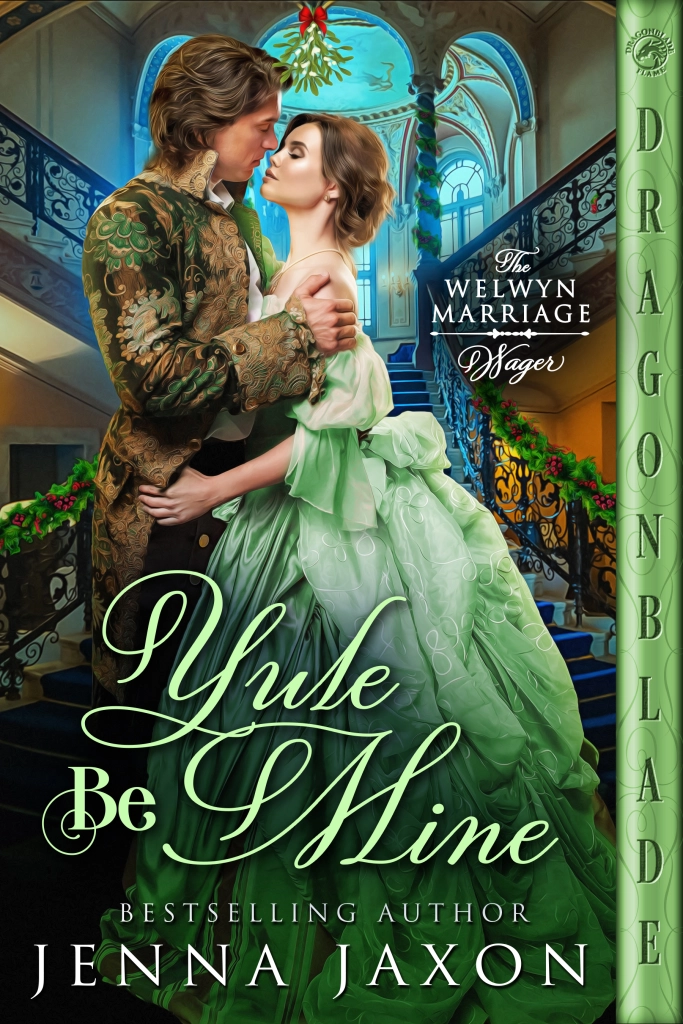
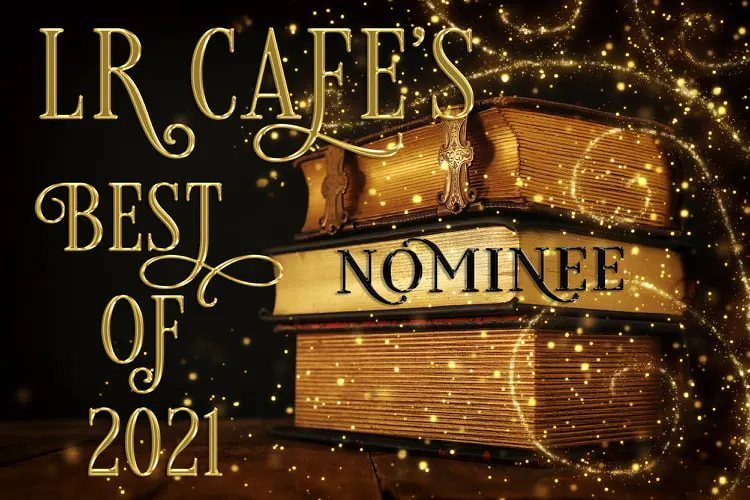


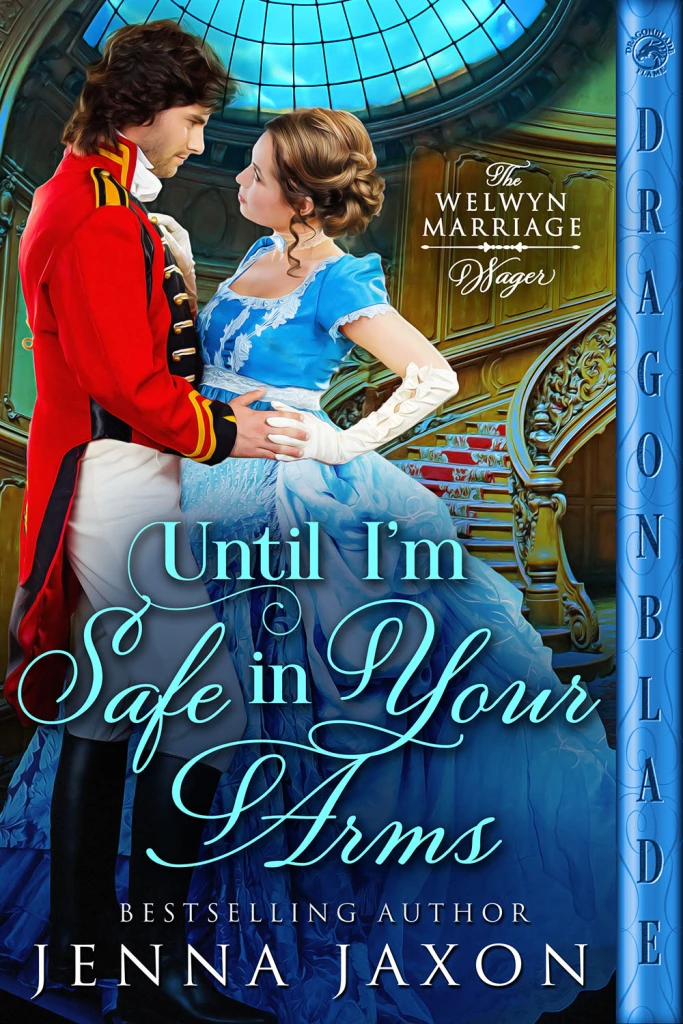
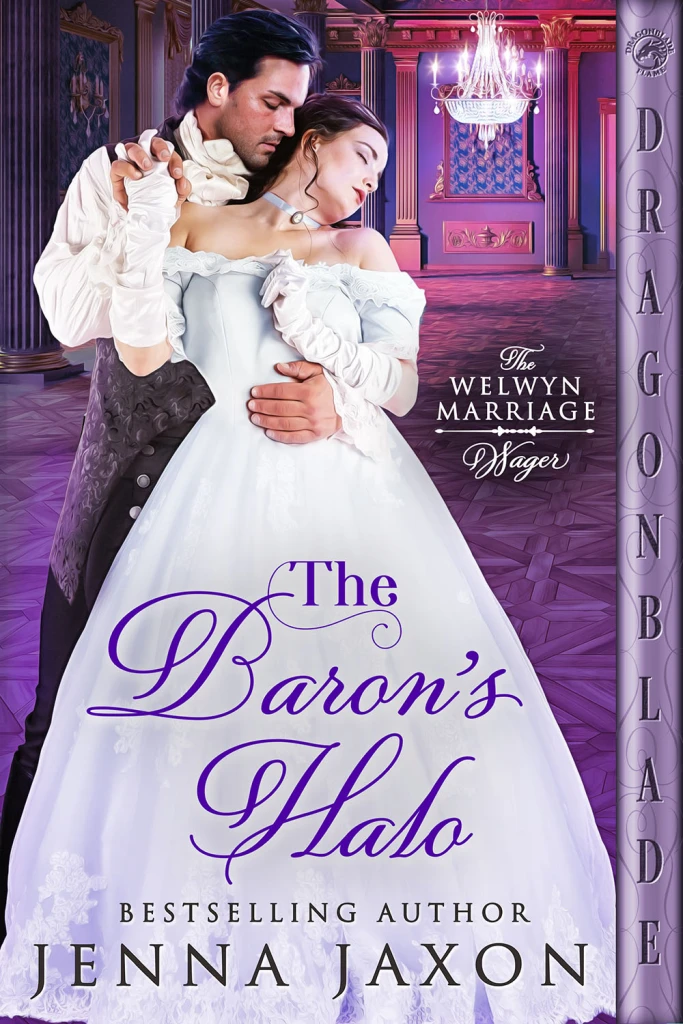
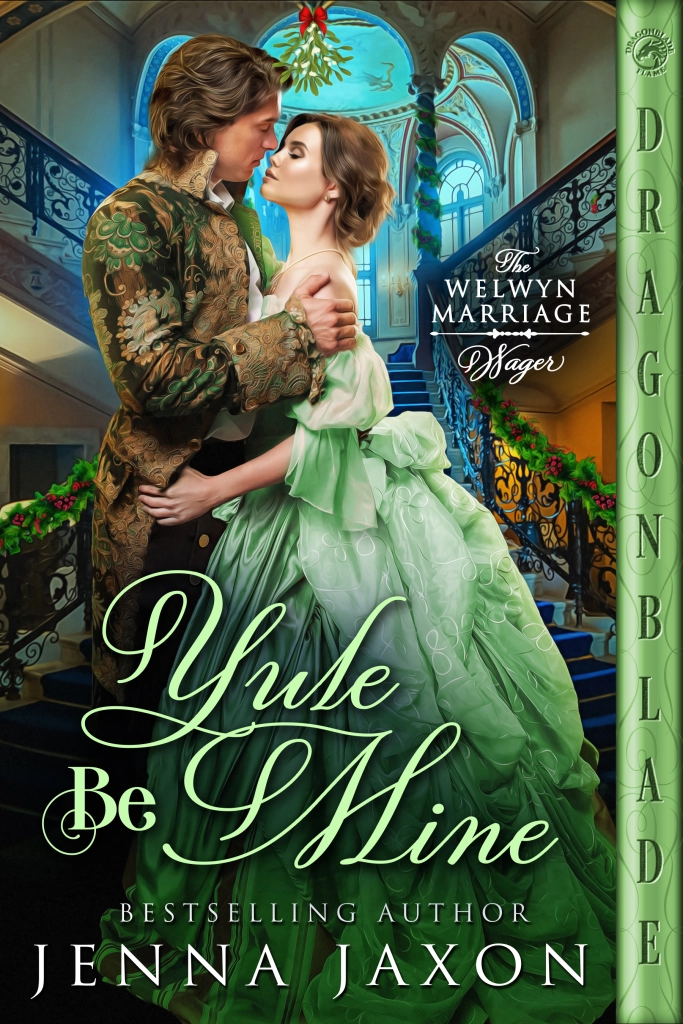
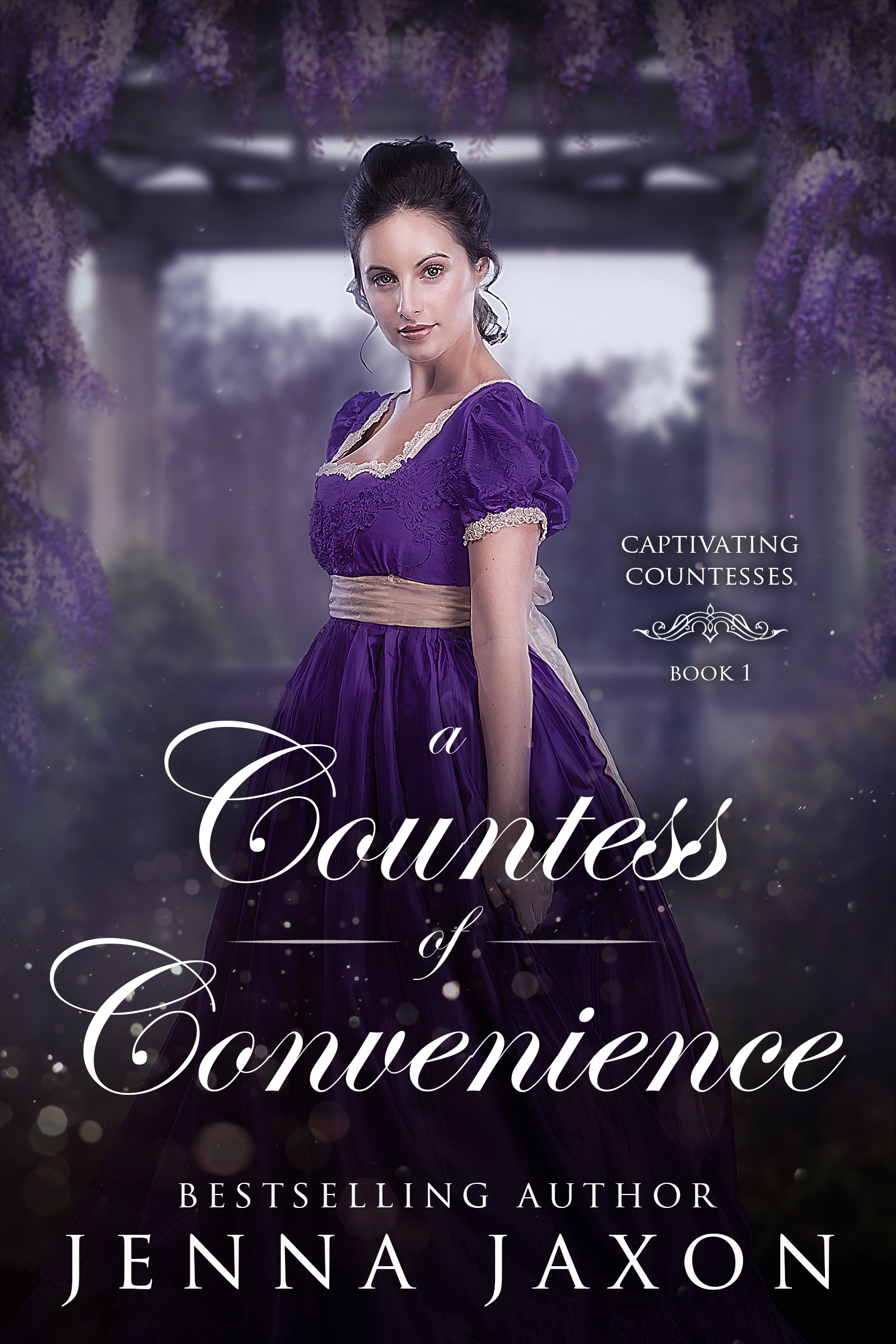
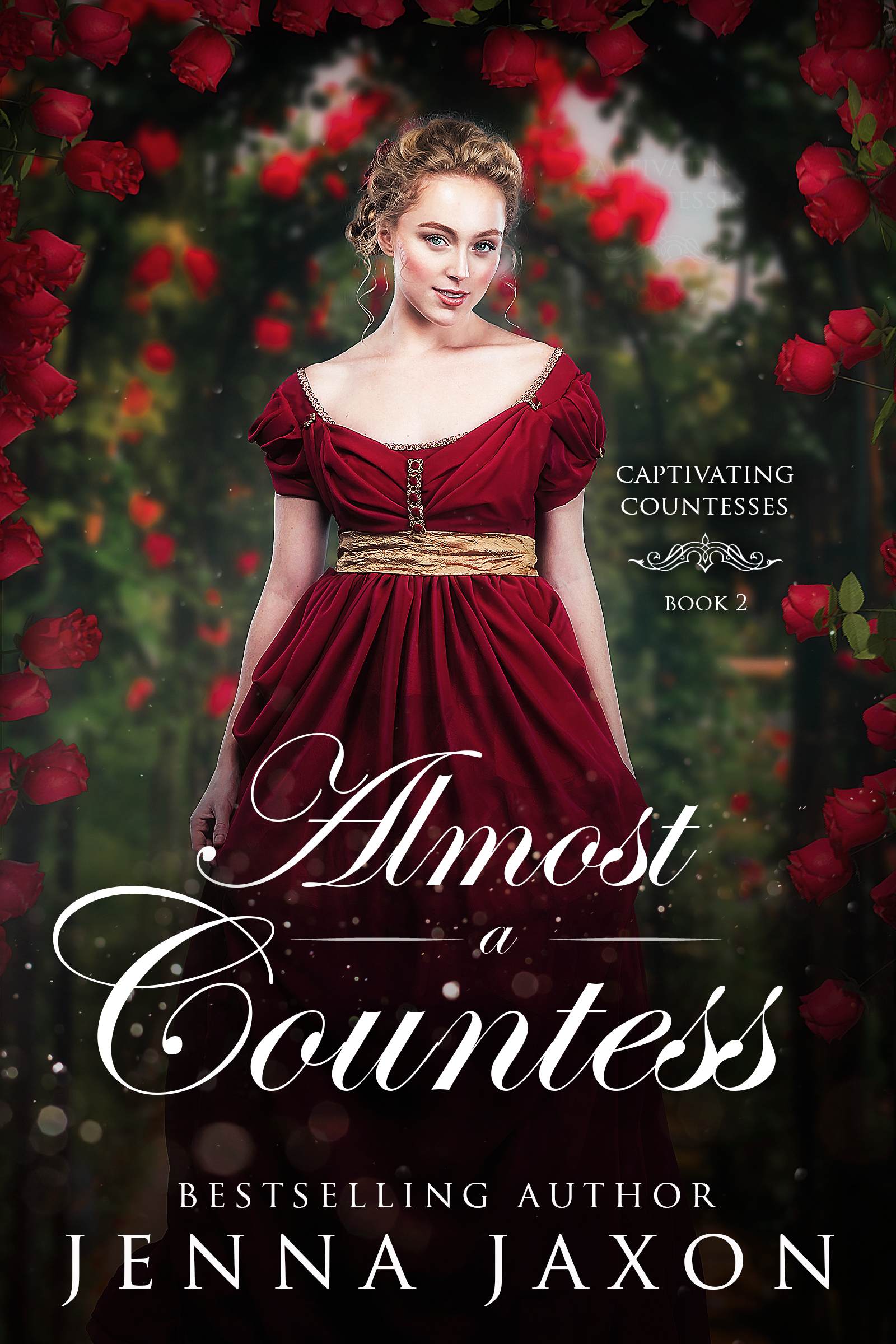
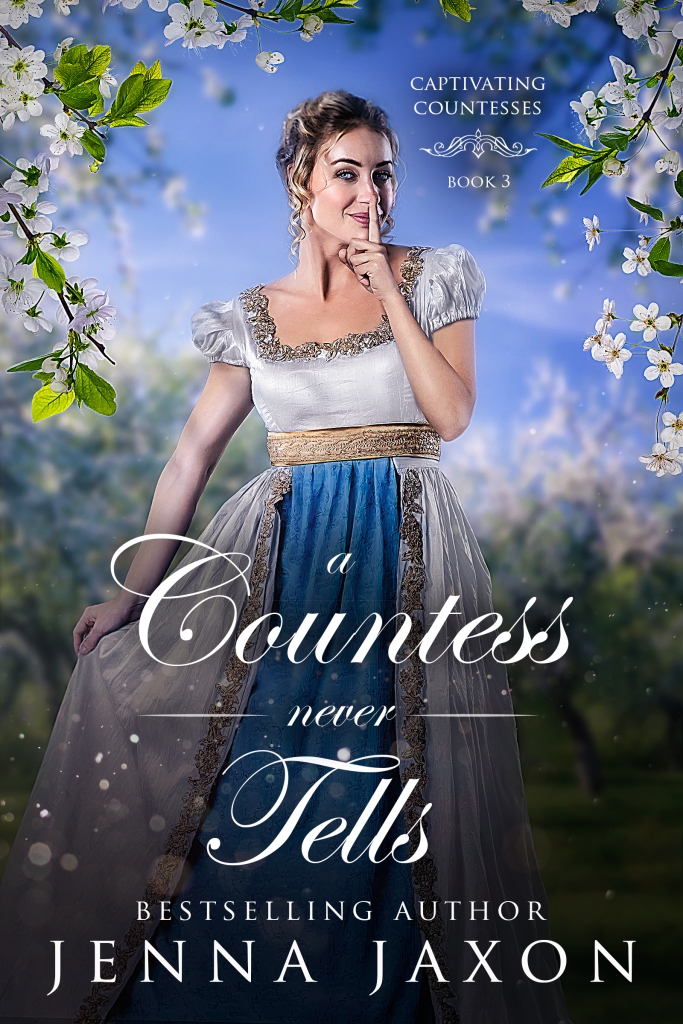

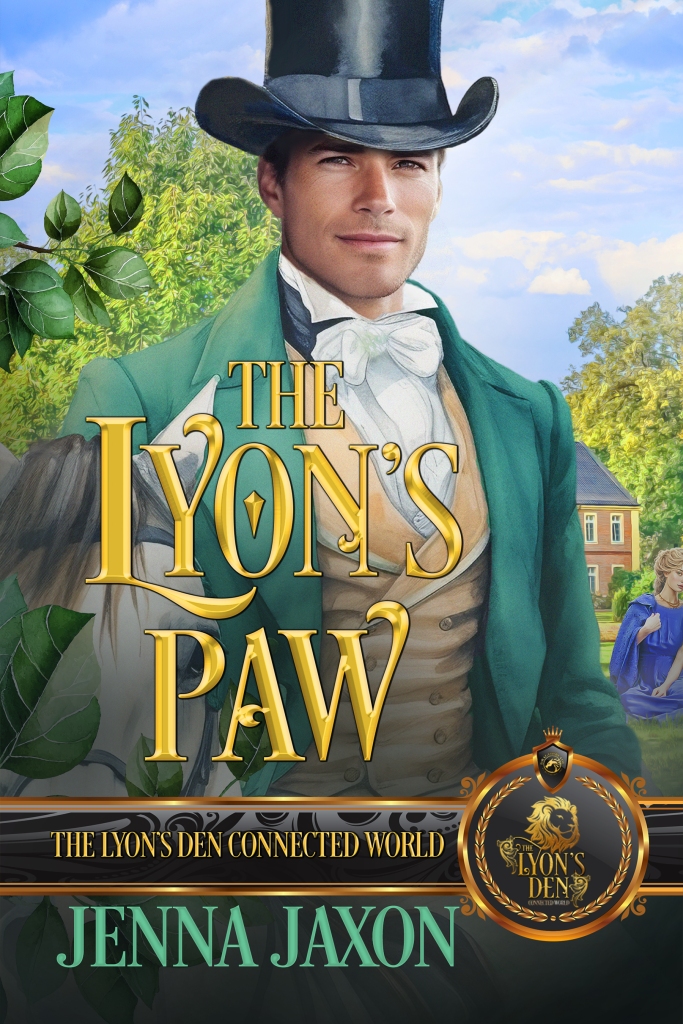
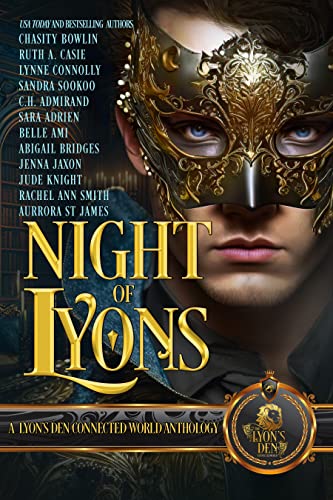
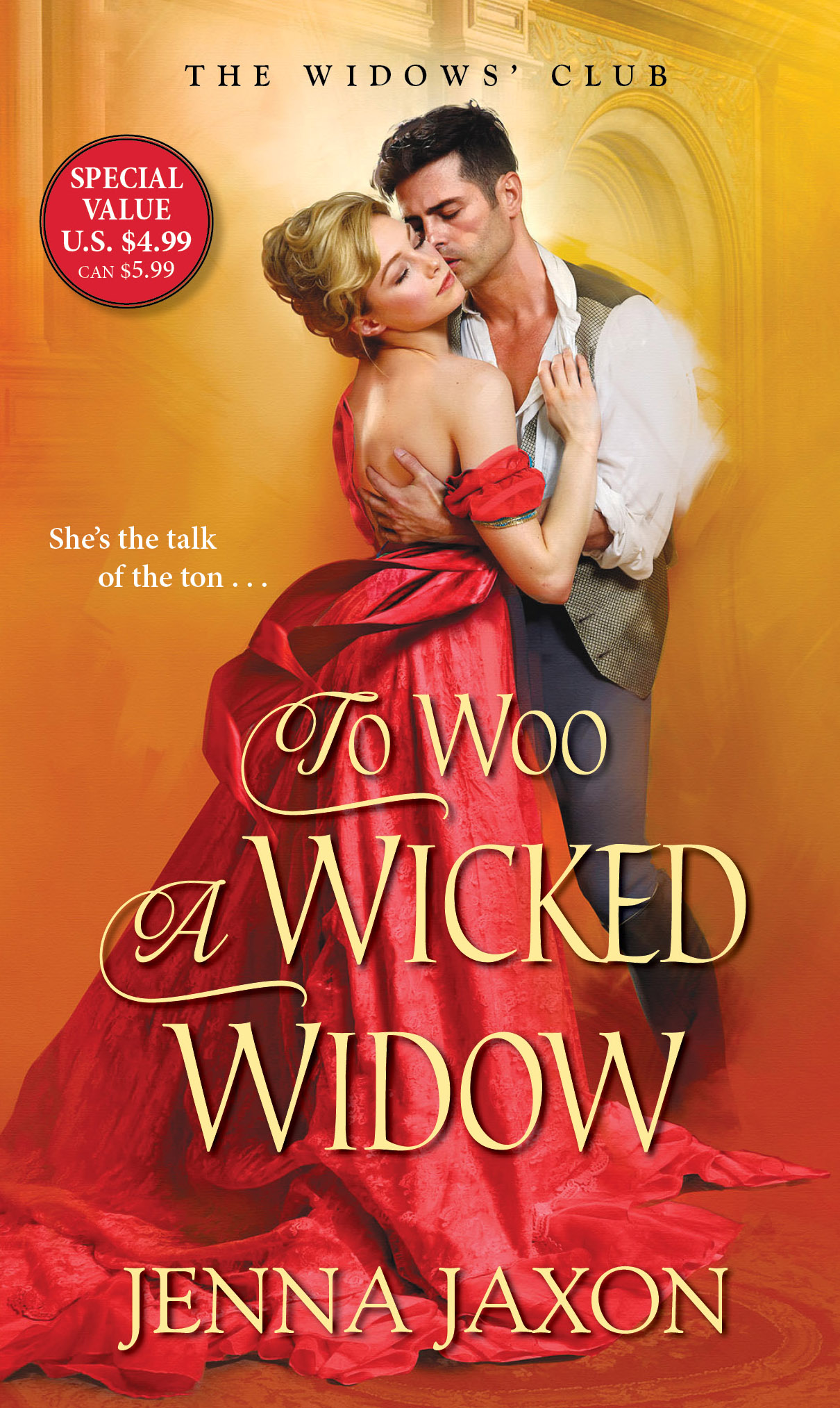
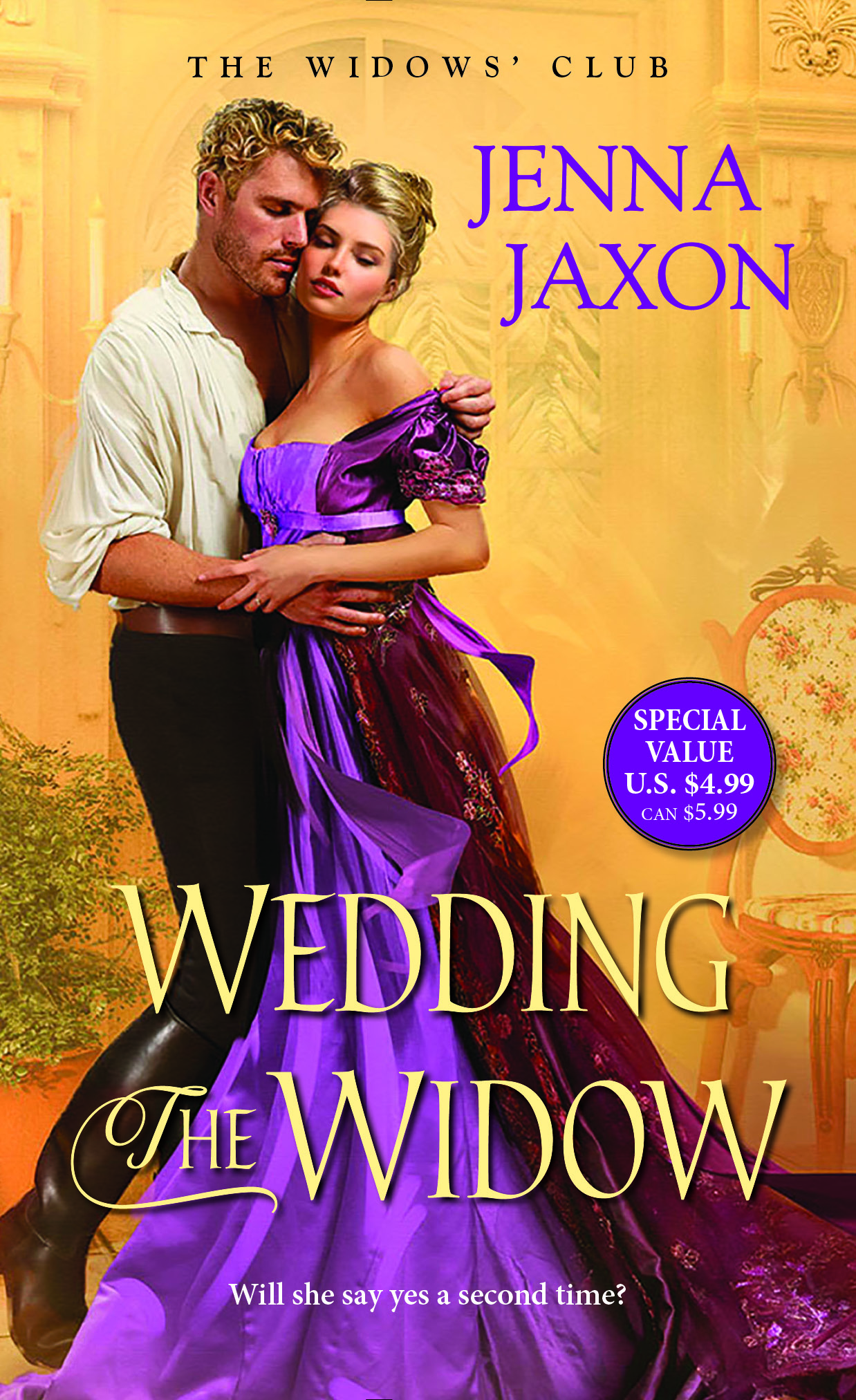



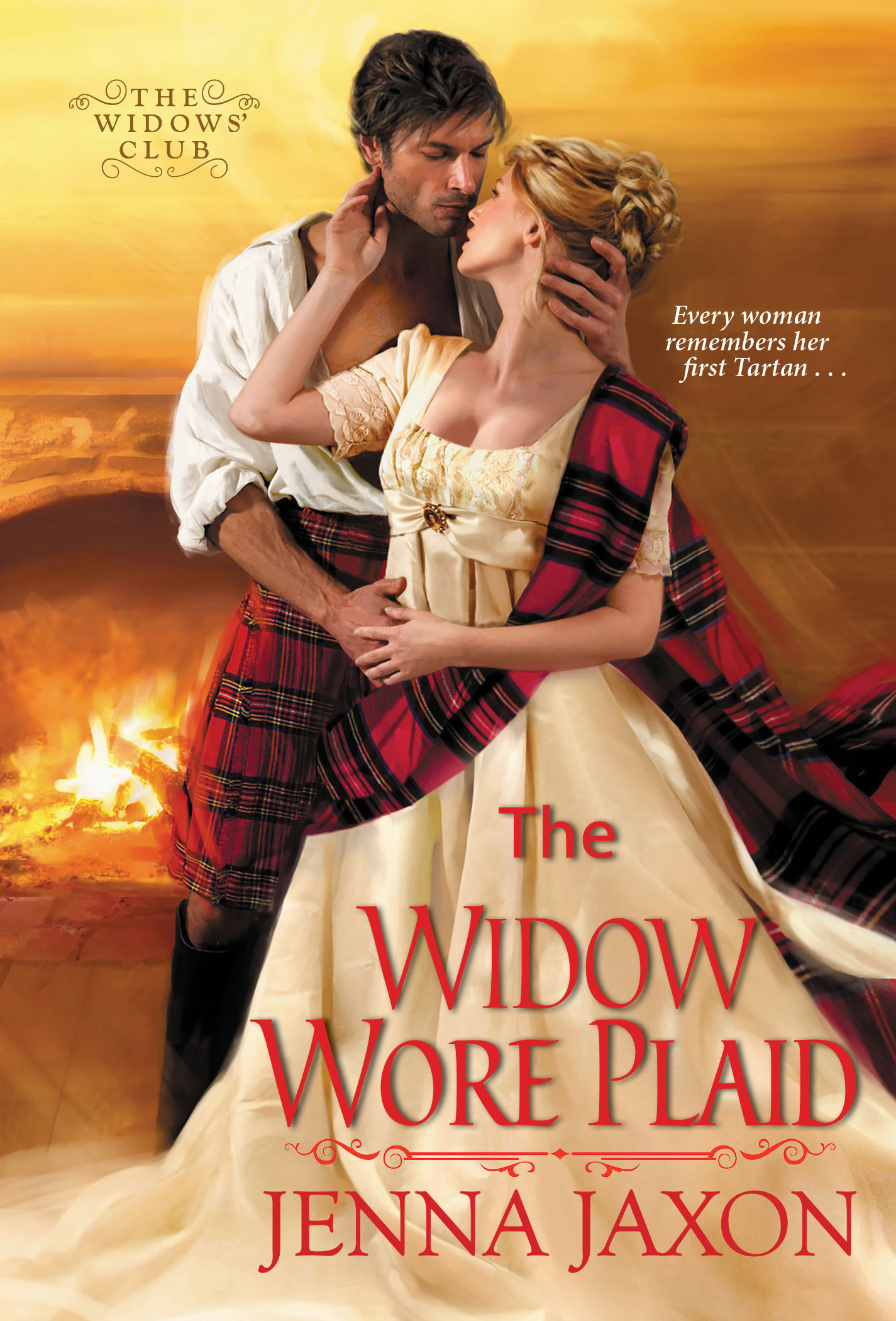
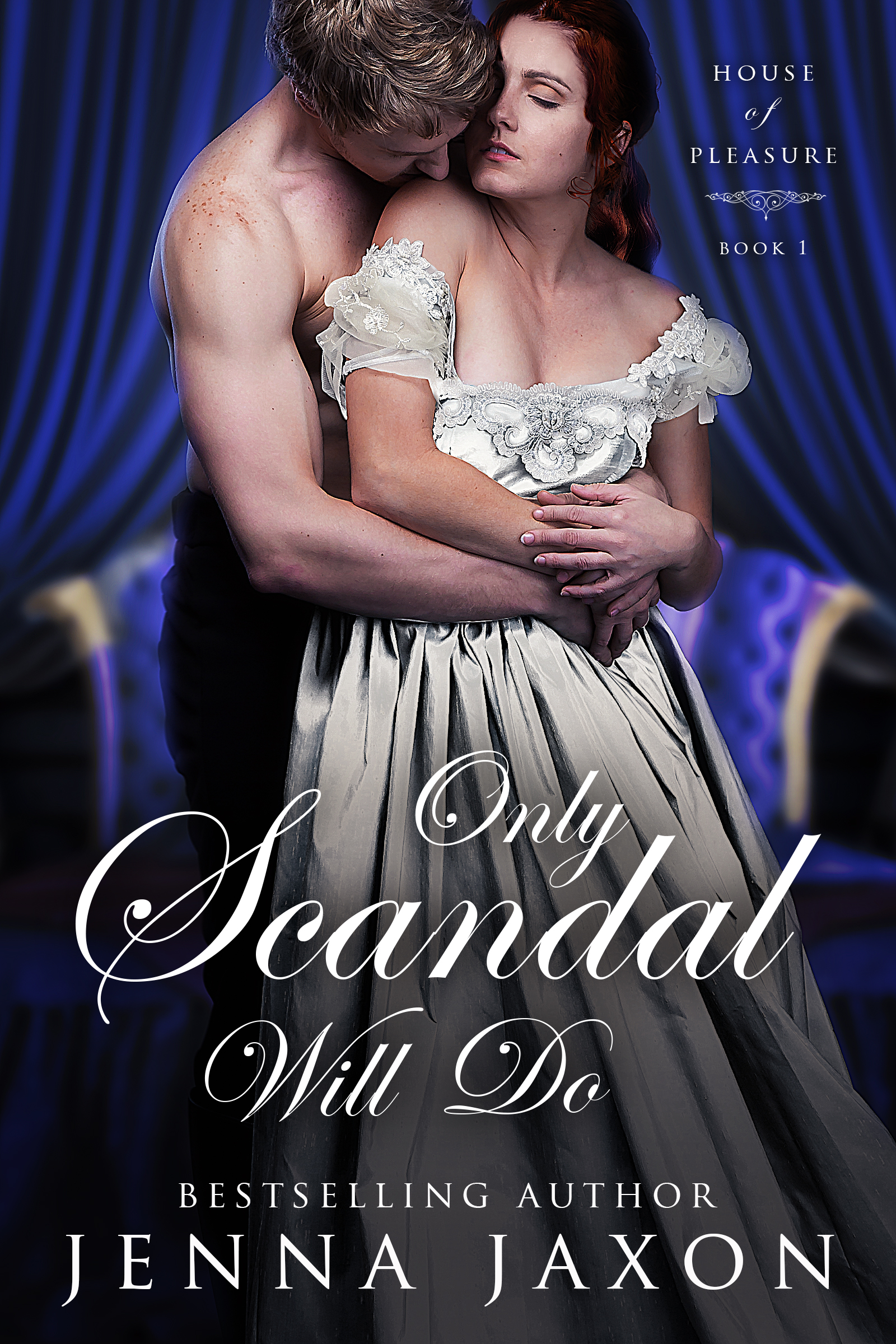
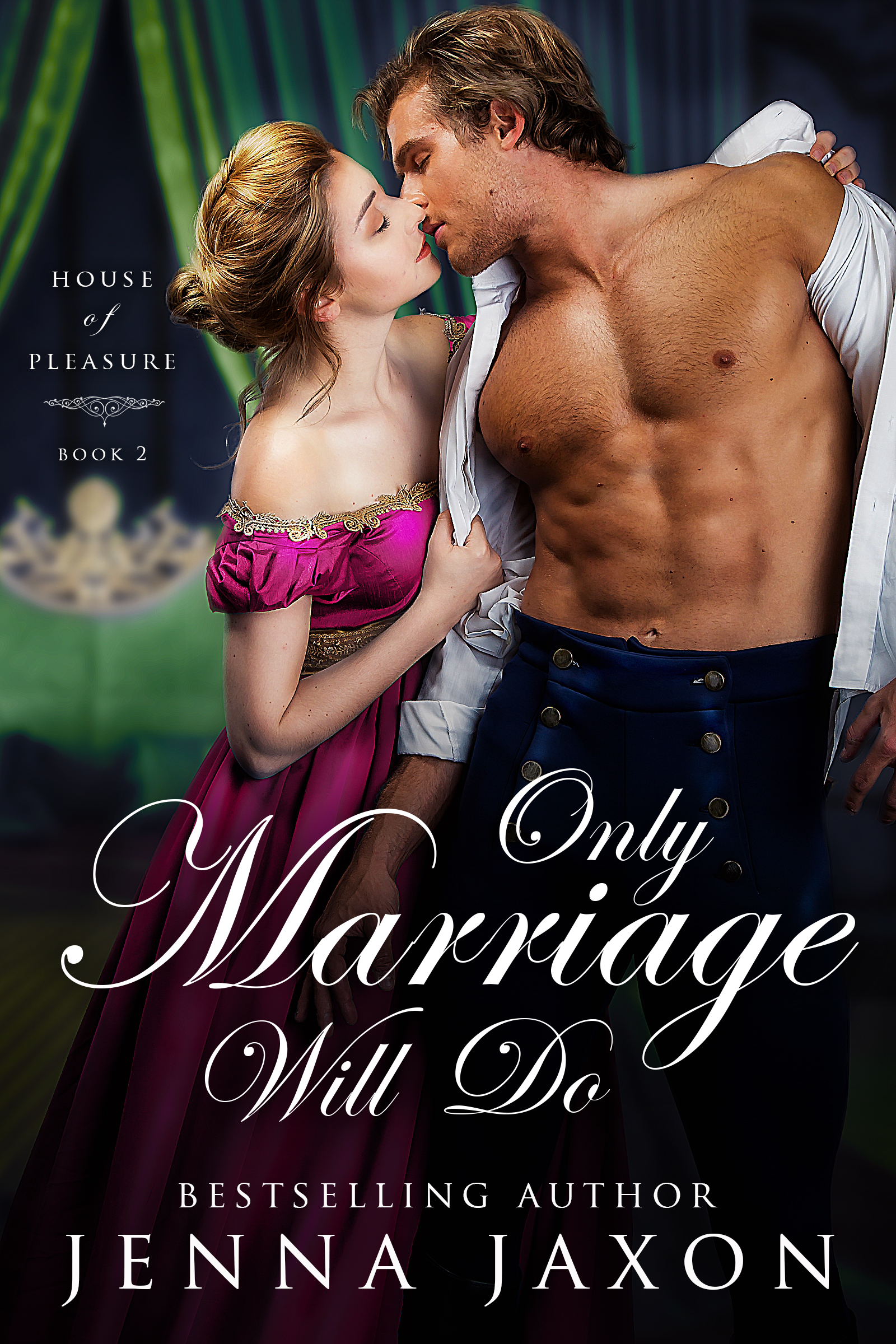
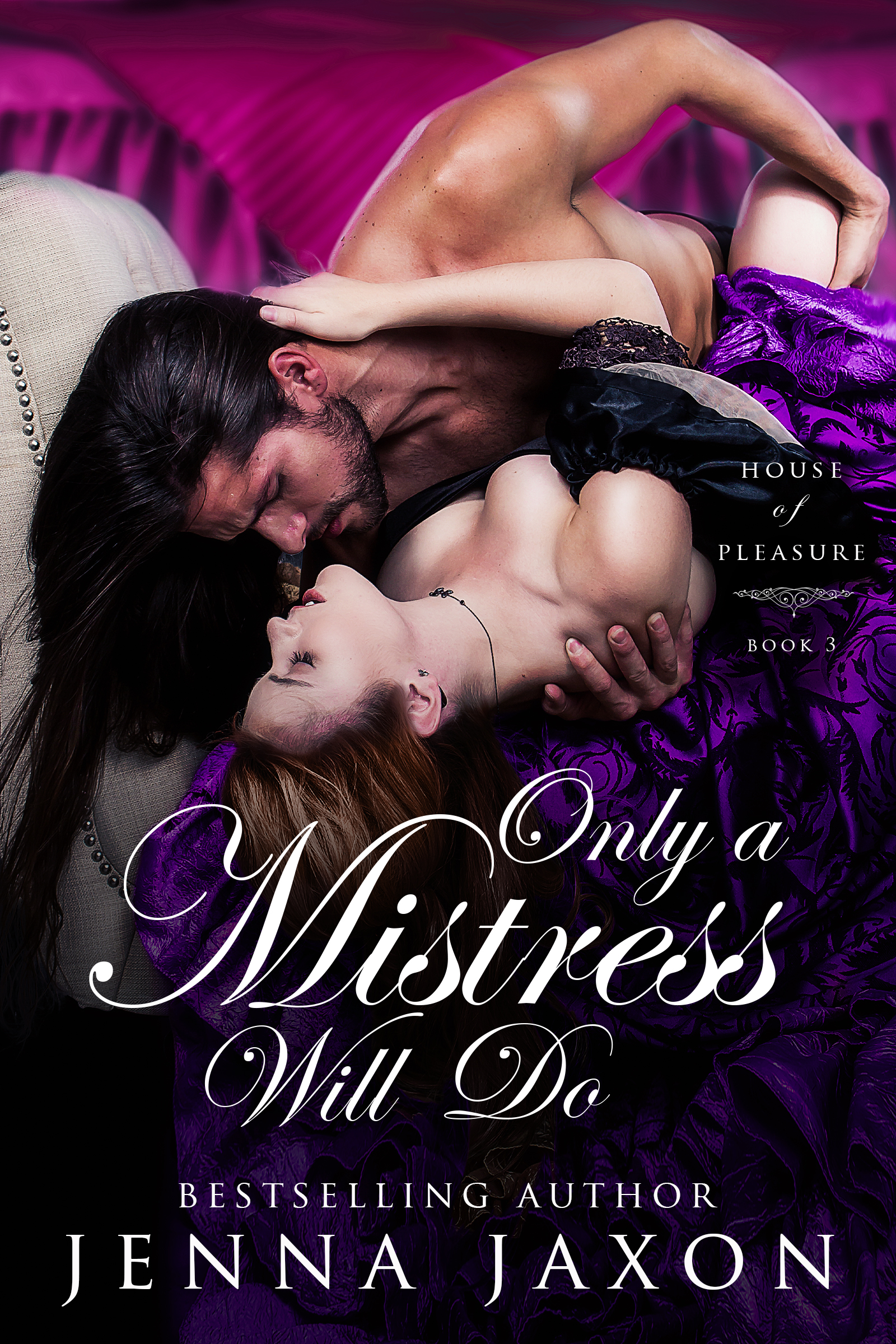
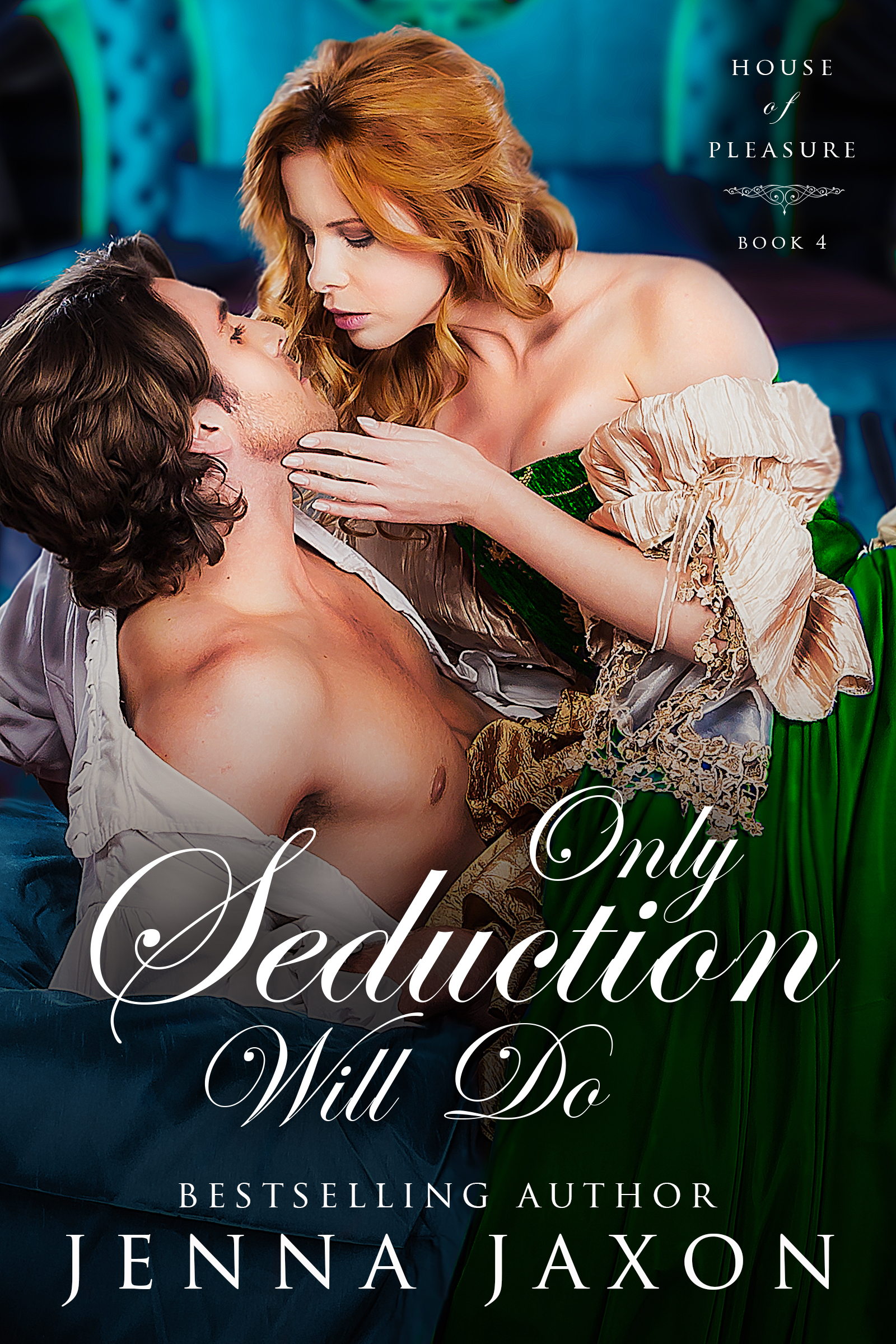
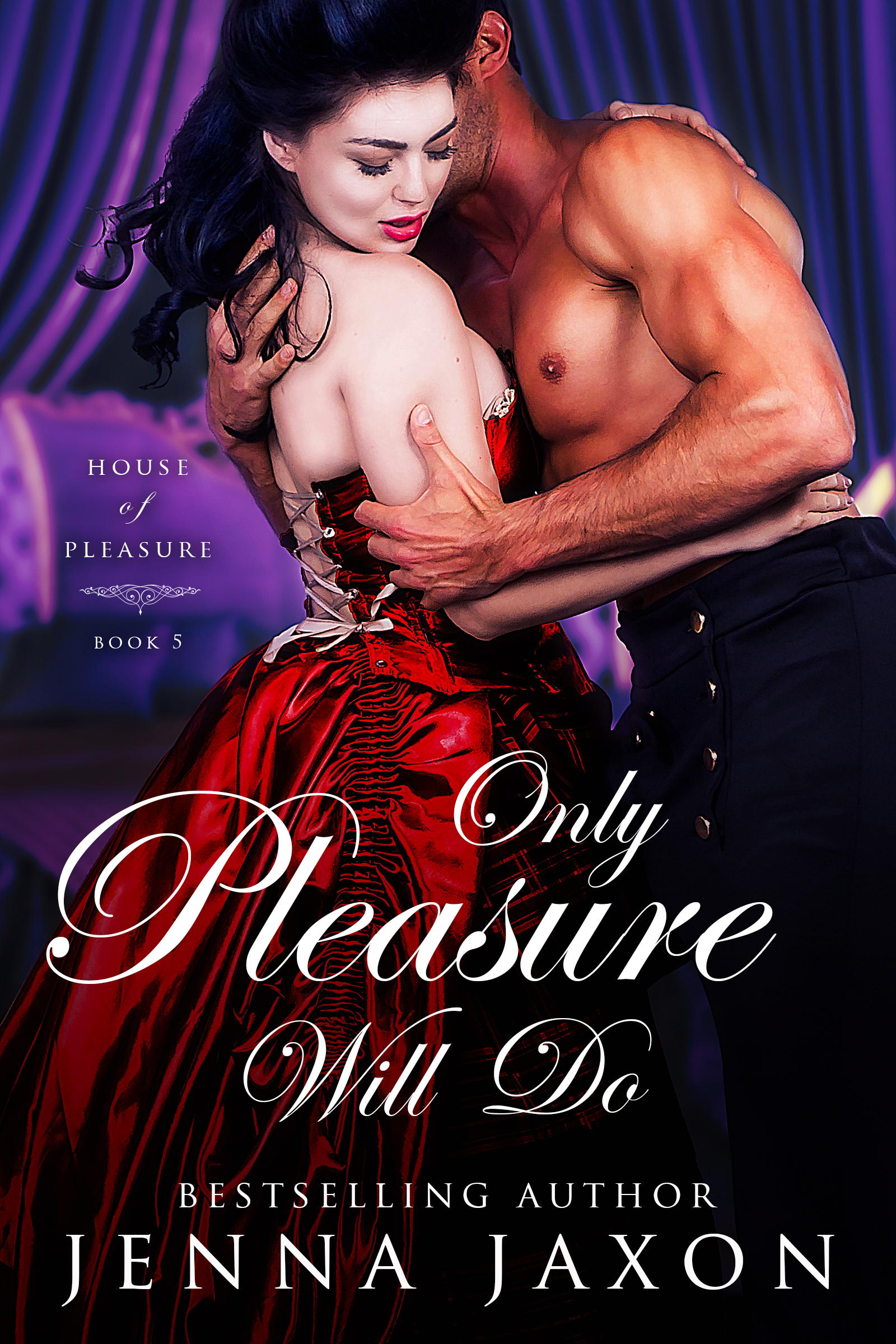
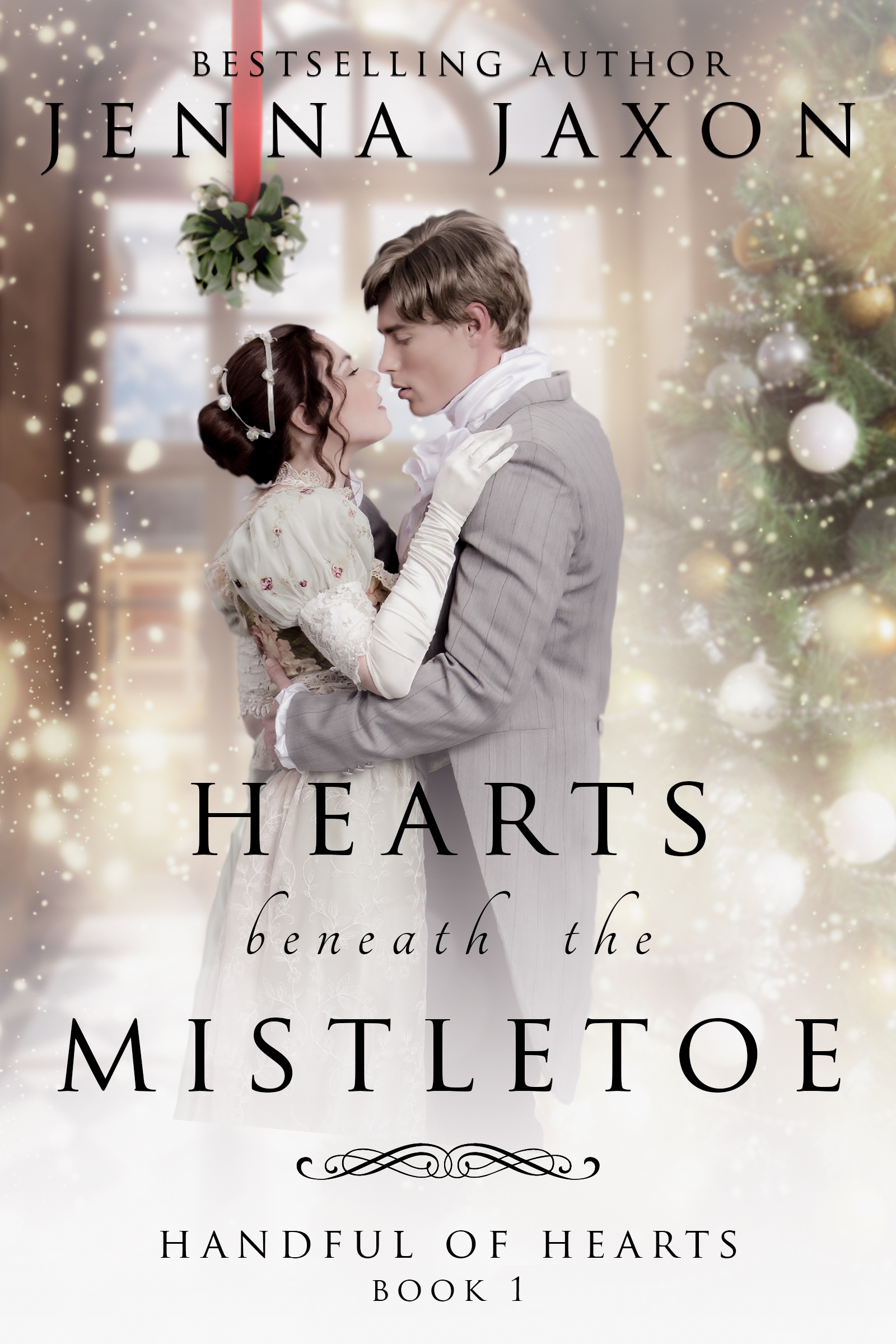

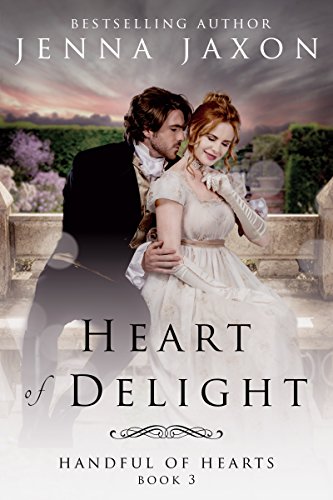
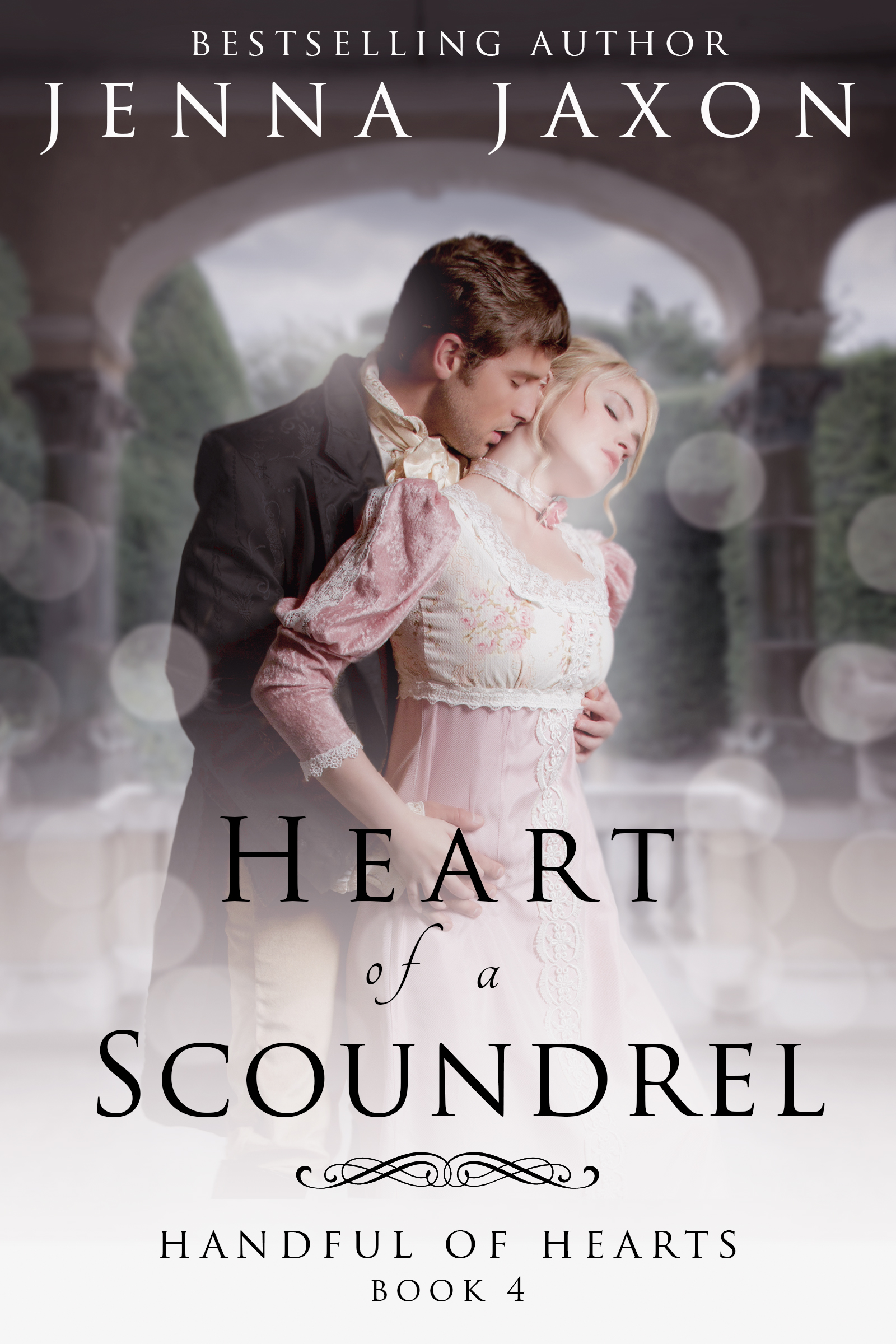
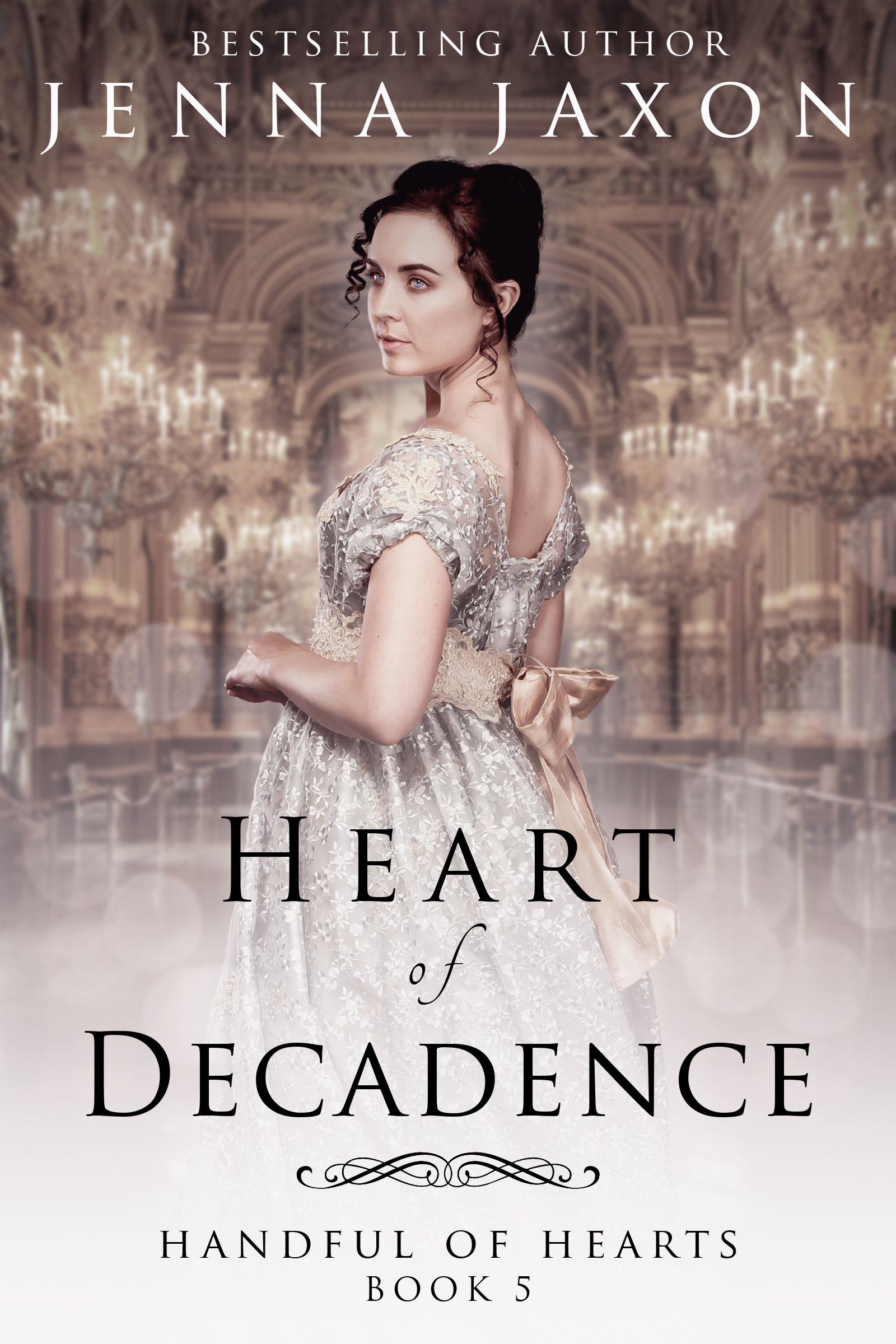
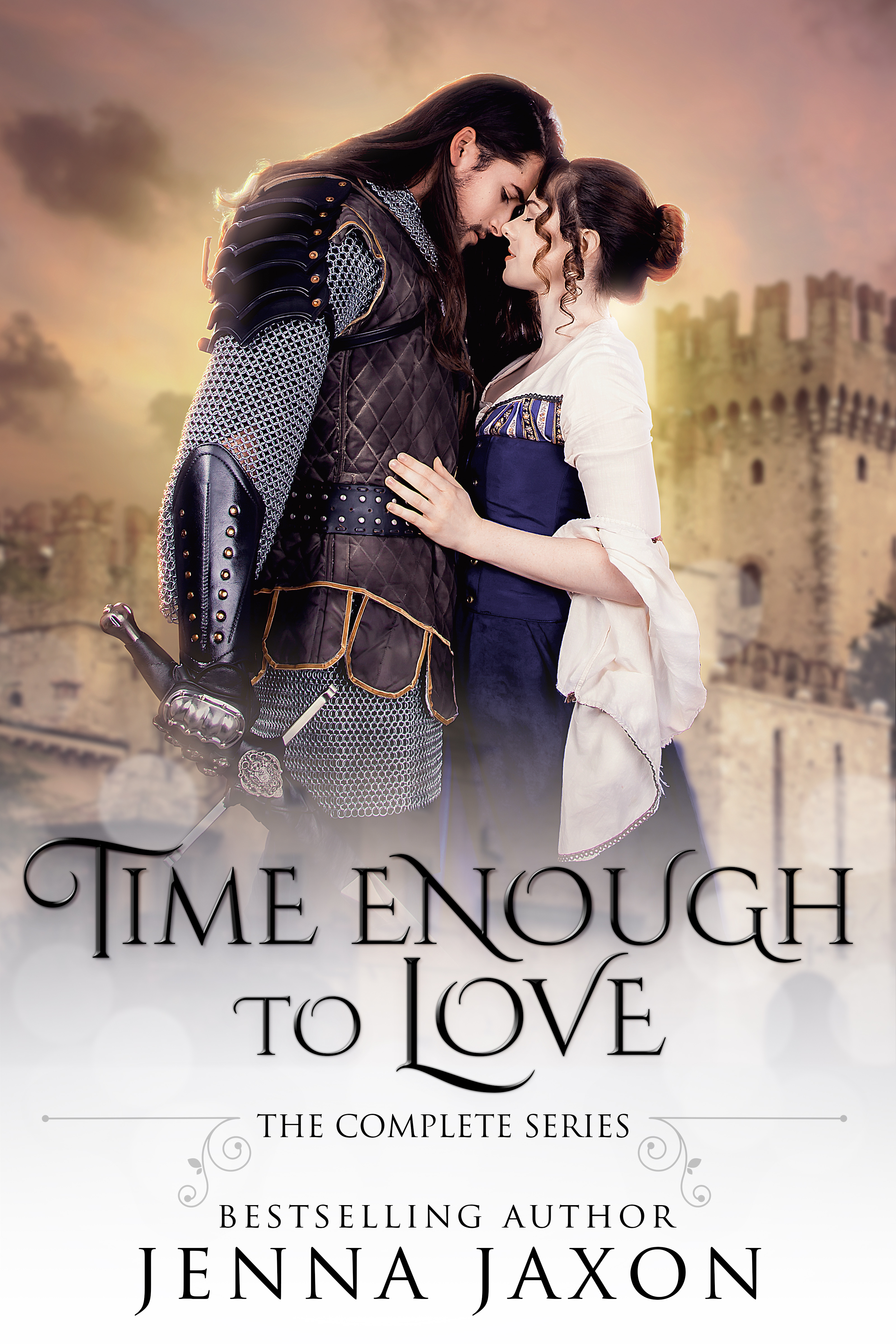
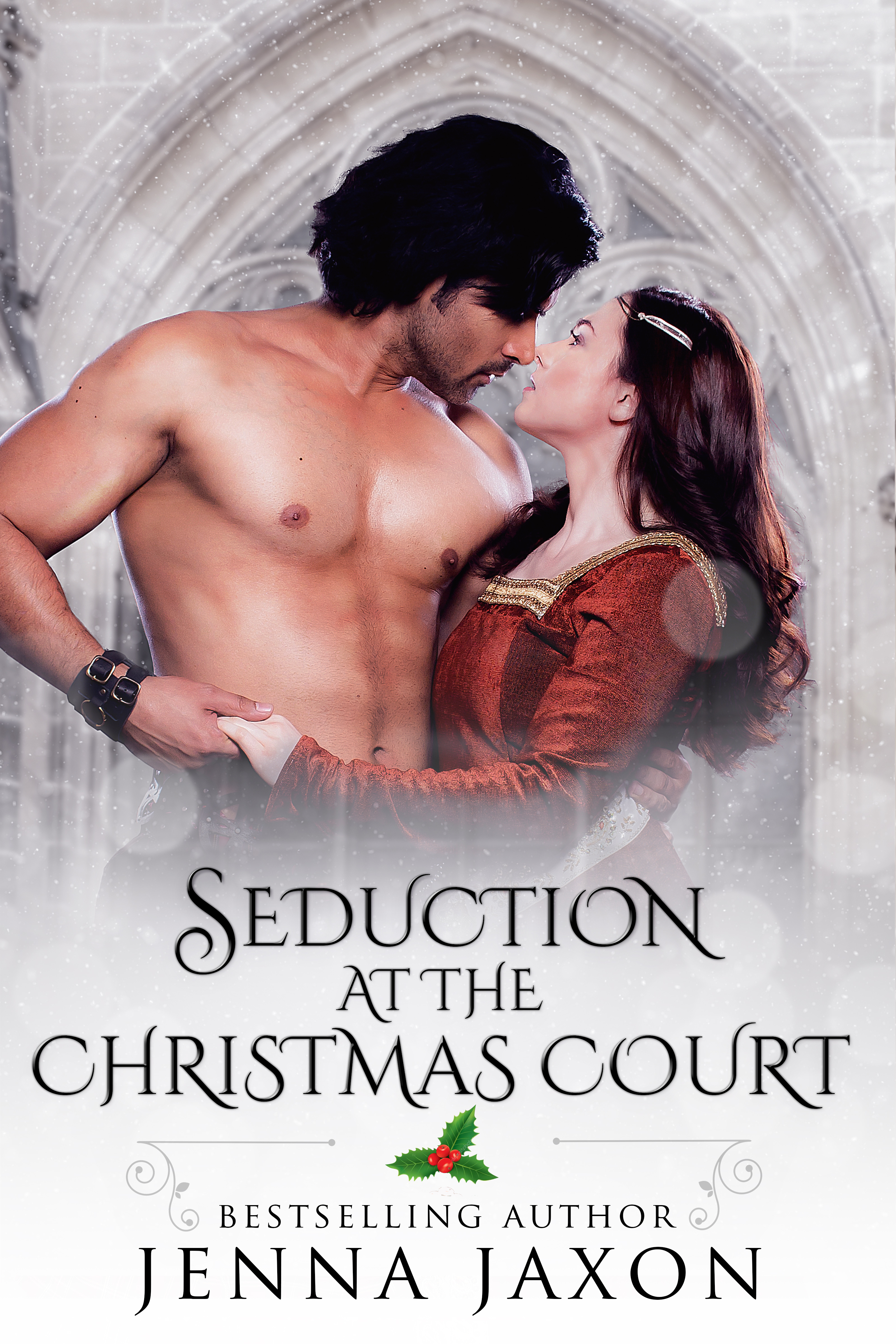


While I prefer accuracy, it really depends on the story and situation–if it’s a work of fiction and is touted as such, I’m less of a stickler if I’m caught up in the story. If the story is intended to be historically accurate, then by all means, it ought to be! Otherwise, I’m lenient as long as the error isn’t grievous and as long as the characters and plot have me wrapped up!
f dot chen at comcast dot net
LikeLike
I like accuracy…as long as it doesn’t interupt the story. I’ve read some books that have taken it too far. I want it accurat, but not at the cost of a good story.
LikeLike
Hi Jenna,
i think most of us wonder how people did things back then. i know i’m always wondering how did they make kind of bread or cakes. did they even have yeast as i know it or laundry soap, etc. .
tammy ramey
trvlagnt1t@yahoo.com
LikeLike
Historical accuracy is essential if that’s your chosen genre. (This is one reason I don’t write too many historical stories LOL!) On the other hand, if you’re writing romance you may need to work to avoid too much of an “ick” factor. During the periods when people did not bathe frequently, it was probably extremely unpleasant to be close to someone.
Of course, you can get around some issues like this by making your characters buck the ‘modern’ trends. For example, you can have a hero who enjoys bathing, even though it’s a production and even though this isn’t the popular practice. This accomplishes the joint objectives of 1) defining him as an independent or even rebellious character and 2) making him smell good!
LikeLike
I love knowing stuff like this about history! Carin
mawmom(at)gmail(dot)com
LikeLike
It’s funny but the same things about what people did back then fascinates me too. Congrats on your release… By the way, I love the print cover of Heart of Deception… Another fantastic story!
LikeLike
Thanks for sharing, Jenna, very interesting!
LikeLike
I think historical accuracy shows that the author has respect for the intelligence of the reader. It also shows a level of professionalism when an author does her homework. I did a lot of research when I wrote my historical set in the mid-nineteenth century–painstaking research. I felt I owed it to the reader who was willing to part with their money in order to escape into another place and time for a while.
As for bathing, while I don’t think I’d put a lot of emphasis on it, I would like to see more historicals where the protagonists didn’t bathe quite so much. Imagine what those people smelled like! There’s so much room for sensory descriptions. The ones who sponge-bathed must have been springtime fresh in comparison with those who didn’t. Good post, Jenna!
LikeLike
I’ll have to agree with everyone else. I do believe historical accuracy is a necessity. Though I am willing to forgive some small fudges such as the frequency of baths. 🙂
Very cool post, Jenna. It’s pretty amazing to think how far we’ve come from certain periods in time to the modern conveniences we have today.
LikeLike
Yes, historical accuracy is must for me, but there are a few things I will allow to be not so accurate.
I know that bathing wasn’t something men and women did very often in the past, but when reading a romance novel–historical–I don’t mind at all when the author has the characters bathing more often than what would have happened.
LikeLike
You are so creative in the subject matter for your blogs to publicize Scandal. At one point in history it was thought that bathing was bad for you. Hence powdered wigs…. In my story Nineteen Hundred the characters live in a boarding house. The bathing room is communal, shared by all the boarders. No, not at the same time lol. The issue of brushing teeth was addressed by Angela Quarles in her WIP Must love Breeches. They used tooth powder. To answer your question, yes, historical accuracy is needed for romance writers, perhaps in the little things literary license is acceptable but not for the larger issues
LikeLike
Accuracy is essential in historical fiction of any type. I’m writing a small little piece set in the late 1930’s, just to get my mind off sci-fi for a while. The attention to detail adds a lot to the stories I’ve read and I intend to use that same detail. It also helps if you go see places that existed in those times as they are restored. The research you are doing and have done is inspiring to me. I thought I was a detail hound. Guess I’m not the only one.
LikeLike
I do like for stories to be fairly accurate. but there for me there can be a little wiggle room. Big things (automobiles, electric, etc) should be more accurate. I do remember reading a historical set in the Regency period where running water, piped heated into ground level rooms was a new luxury for the wealthy. I think something like this may have been possible so it is ok, and added to the story. Most stories that I have read from this time period (and earlier) had the water heated and then packed in buckets, and not a daily occurrence.
I definitely would not want to stay in the past during these times though. I do love AC, running water, modern sanitation, all the personal conveniences, etc of the current time.
manning_j2004 at yahoo dot com
LikeLike
I didn’t have enough historical accuracy in my first drafts of my earliest 20th century historicals, though oddly enough, I had pretty good historical accuracy in the 18th and 17th century historicals I was writing when I was younger. Thankfully, I’ve straightened that all out now.
Your post reminded me of a similar one I wrote in March, “Historical Fiction and Body Hair,” which mentioned, among other things, that most people don’t realize the average heroine in a historical romance would’ve had hairy legs and armpits, and that that was considered normal and even sexy once upon a time.
LikeLike
i saw this title on the list on my cell ph and had a good belly laugh. considering the the temps here, today, my answer would be a resounding yes. omg, yes! great on the research btw.
LikeLike
I think accuracy in all writing is necessary, not just historical. I get irritated when I read something, contemporary or historical, that I know is not right. It’s like finding grammar or spelling mistakes as I read, it’s distracting. I like to know that what I’m reading could have really happened the way the author described it, it’s part of the fantasy.
LikeLike
Absolutely! Historical accuracy is important for historical stories to work. I realize that some information may be conflicting but getting as accurately as possible makes the story more believable. Not to mention , what better way to learn about history than through a genre I love.
Mel
bournmelissa at hotmail dot com
LikeLike
I think historical accuracy is important but it really makes you think about some things we definitely take for granted doesn’t it? If an author stays mostly accurate – I’m okay with an occasional abboration. The video was enlightening and I’m so very, very glad that I’m a woman of this modern time.
LikeLike
I strongly believe that historical accuracy is necessary. I’ve been known to put down a book that I should love because it’s inaccurate. Some things you can get away with, but others really bother me if they’re wrong. Could just be me, but… Thanks for doing the research needed!
jlhmass at yahoo dot com
LikeLike